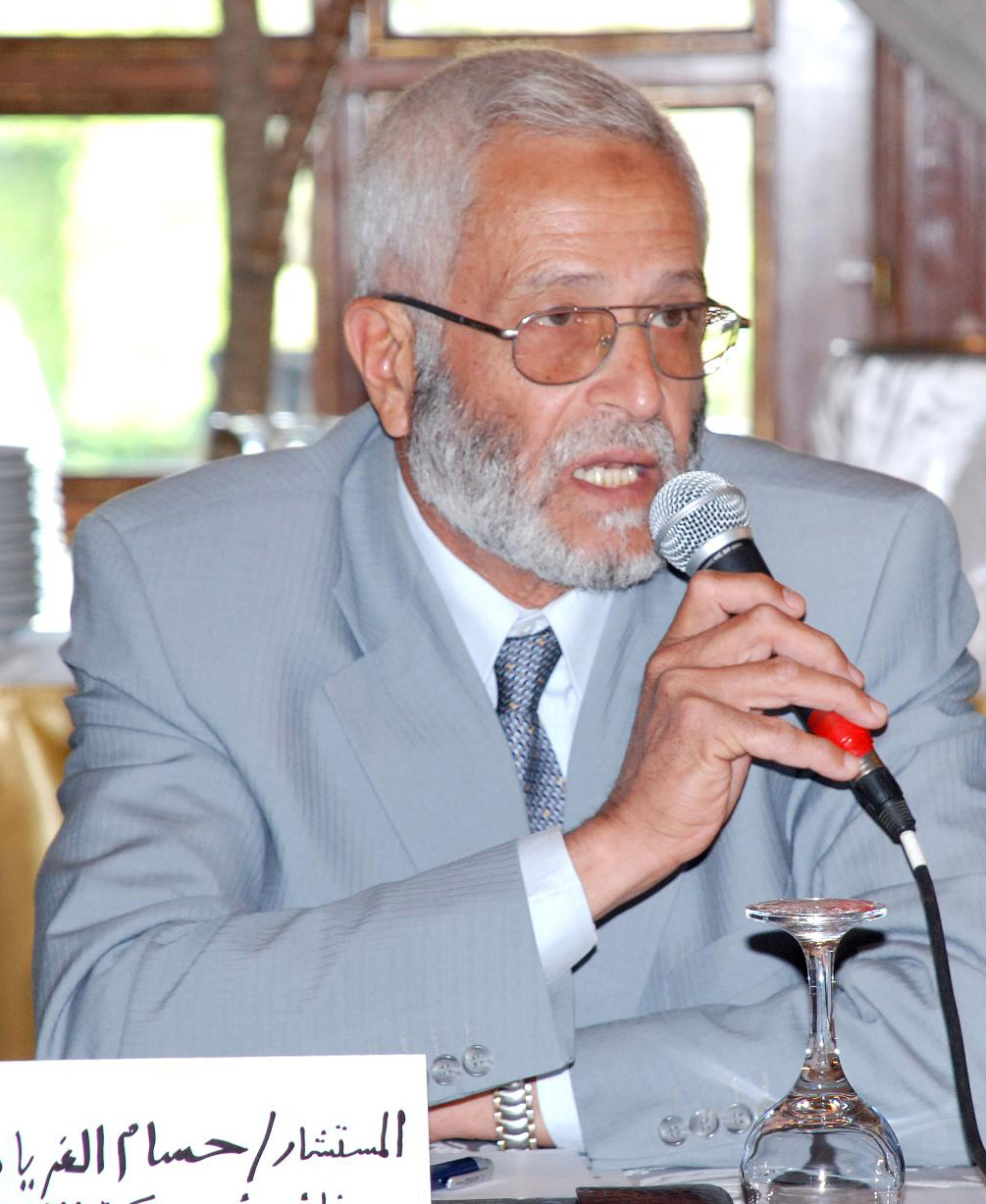CAIRO: The low number of Egyptian expats registering to vote in the upcoming presidential elections is “pitiful,” dismayed political analysts said.
According to the official online outlet of the Presidential Elections Committee elections.eg, on Thursday, 403,820 have registered so far, 355,000 of whom were already registered before the parliamentary elections.
Egyptian expatriates are estimated at 8-10 million.
"The 403,000 is a pitiful number compared with the large number of Egyptian expats," said Nasser Amin, head of the Arab Center for the Independence of the Judicial and Legal Profession. The center has been involved in efforts to encourage expats to vote since the parliamentary elections.
Amin said that authorities do not put much emphasis on the importance of expats’ votes. "There is no political will to allow them to vote. If there was, there wouldn’t be all these obstacles that have been there since parliament’s elections."
To vote, expatriates should hold the computerized national ID card, which a large number do not possess.
"There ought to have been easier prerequisites for them to register and to vote. There should be an official record of all Egyptian expats, implement electronic voting and allow them to vote with any official document that proves their nationality which doesn’t have to be an ID," Amin said.
Hazem Abdel Azim, an IT expert whose candidacy for telecom minister was vetoed by a security check last July, echoed this opinion saying that the ID card might have been important during the parliamentary elections for expats to prove their affiliation to their respective constituencies, but not in the presidential polls.
Abdel Azim, however, told Daily News Egypt that such impediments were not the only reasons for expats’ reluctance to register to vote.
"The recurring events and clashes between protesters and security forces, the military council’s attitude in administrating the country and that poor parliament they have already voted for, all made them lose interest to vote for the president, because they simply feel that another Mubarak will take office," he said.
Both Abdel Azim and Amin believe that Egyptian expats’ votes were not as effective in the parliamentary elections as expected.
"Only few numbers registered before the elections but at that time this was justified because the ruling of the Administrative Court was issued a short time before the polls, unlike the situation now," Amin said.
The controversy dates back to last April, when the Cabinet of Ministers announced that Egyptians living overseas would be allowed to vote in presidential elections and public referendums at embassies and consulates as part of amendments to the political participation law.
In October, an Administrative Court ruled that Egyptians living abroad, deprived of the vote under ousted president Hosni Mubarak, will have the right to cast their ballots in the parliamentary polls.
The case was filed by the Hisham Mubarak Law Center which pushed for Egyptians living abroad to vote in elections, whether presidential or legislative, or on the referendum on the yet-to-be drafted constitution.
Ahmed Ragheb, director of the center and a lawyer on the case, remains optimistic despite the low number of expats who registered so far.
"These numbers can grow bigger within the scheduled time and we can overcome these obstacles in the following elections. However, what’s more important is that they are now legally able to cast their ballots, and I am sure the power of their votes will resonate in the presidential elections," he said.
According to the PEC, expatriates must register through the committee’s website or through Egyptian embassies and consulates by April 4.
On Monday, officials said that Egyptian expats would be able to make endorsements, through signed proxies, for presidential candidates, same as those living in Egypt.
"It is another complicated matter that might discourage candidates to pay attention to it. Voters abroad would have to fill the endorsement form, register it at the embassy then send it to the candidate who will have to register it at the Ministry of Foreign Affairs then in the notary office. After that he will have to get another endorsement based on the form of the notary office," Amin stated.
Ragheb said the complexity of these procedures should not be regarded as an obstacle at the moment. "All administrative procedures that Egyptians in the country are allowed to do, expats should be allowed to do as well."

